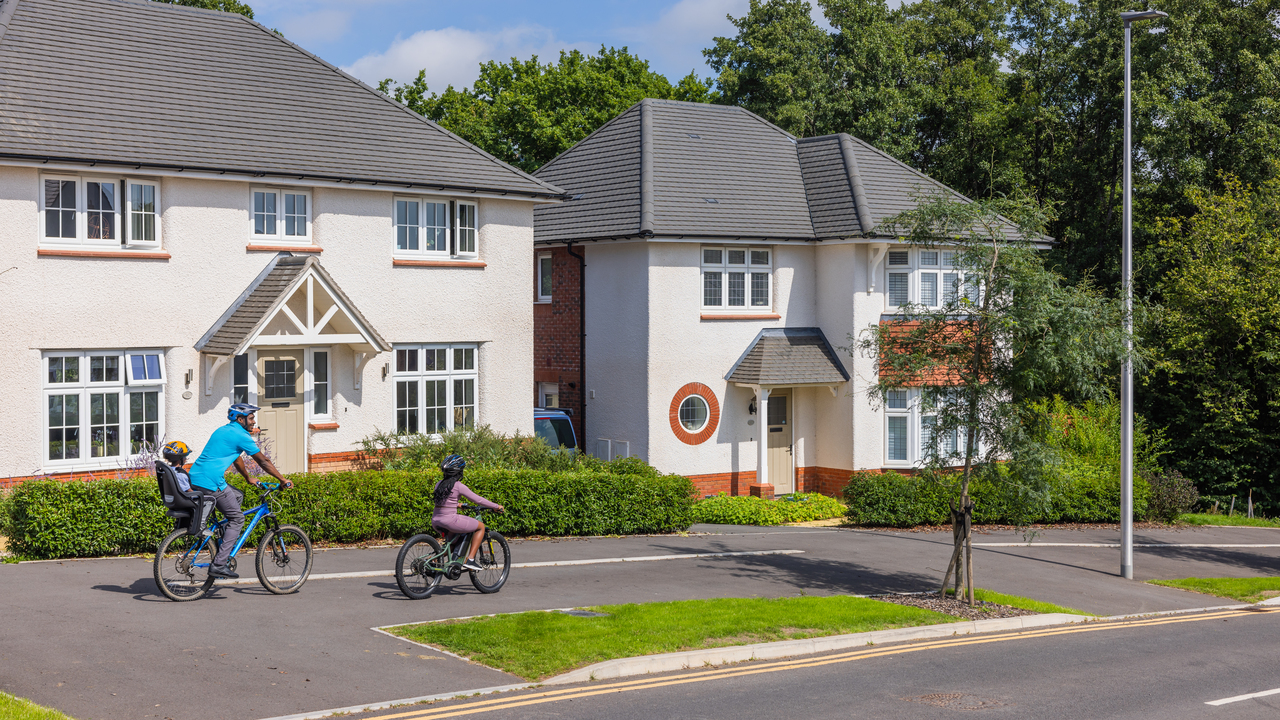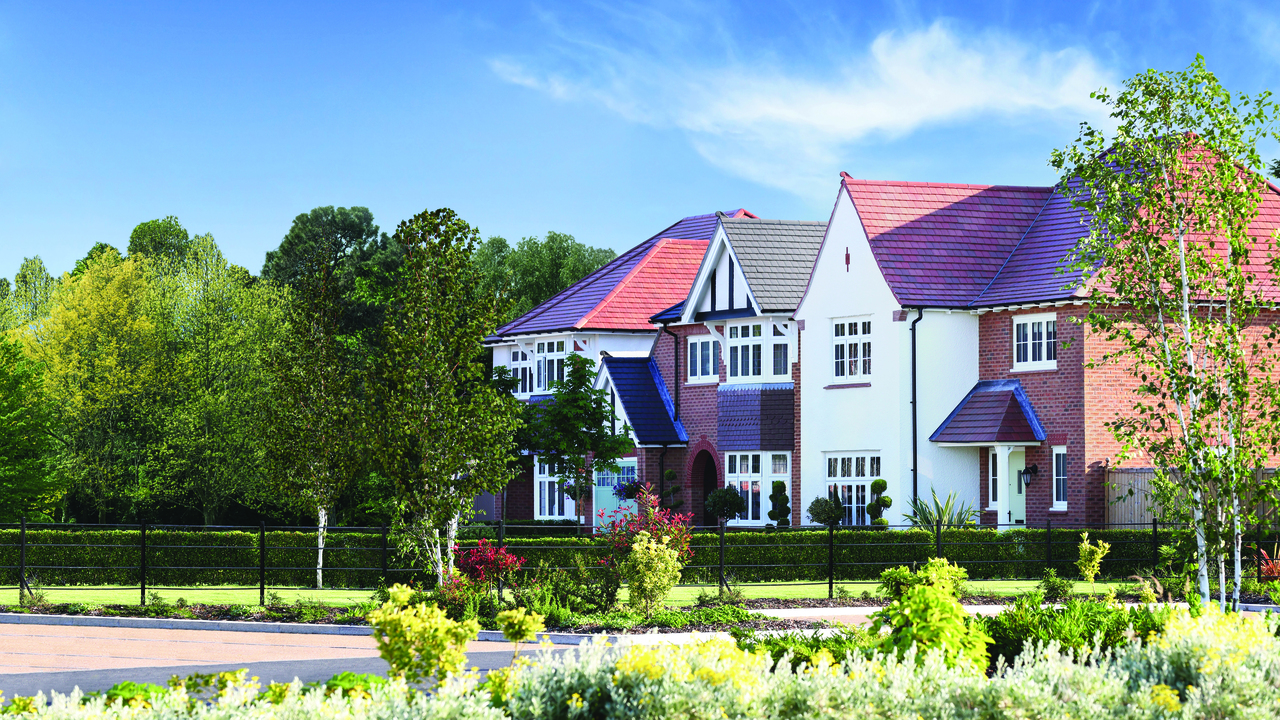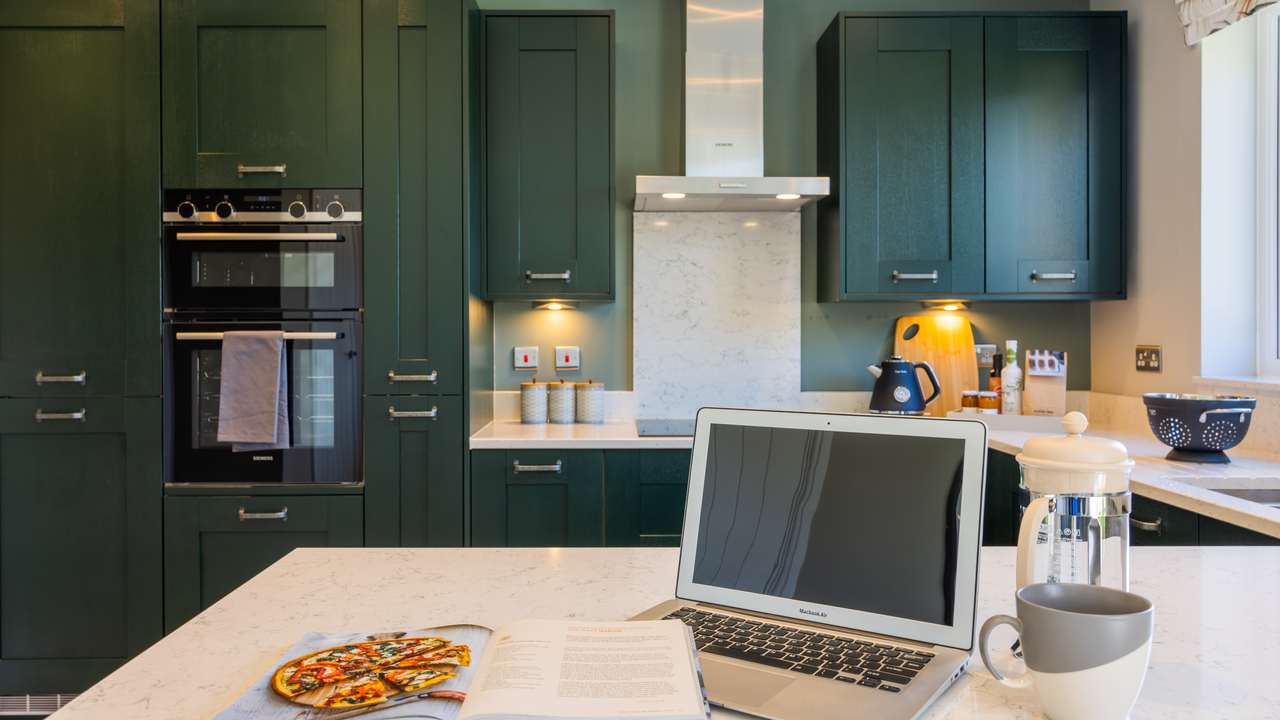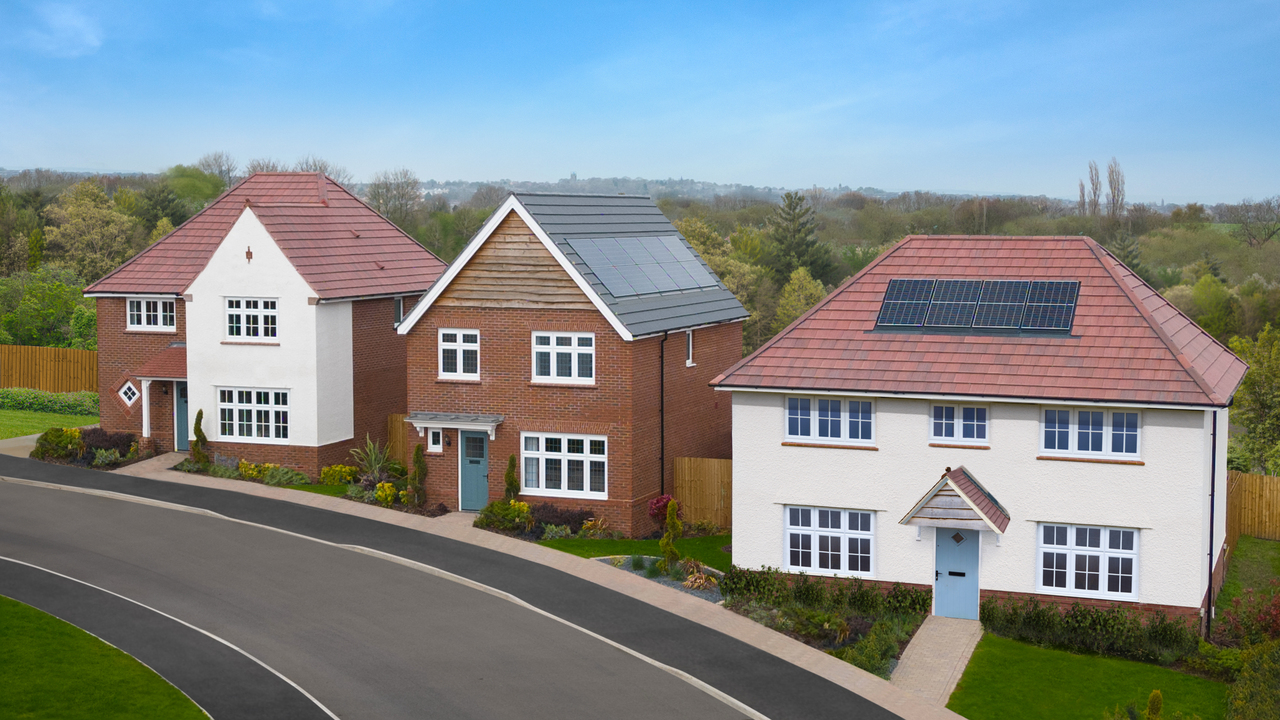Newer properties are generally far more energy efficient, better insulated and help us to make huge savings and do our bit for the environment. So, how does living in a new build help save on energy costs, and what else can we do to live more sustainably?
WHY IS A NEW HOME MORE ENERGY EFFICIENT?
New homes, like those built by Redrow, are designed to deliver improved energy efficiency through design and orientation, water conservation measures, low-energy lighting, and more.
Tackling climate change is one of the huge issues facing everyone today along with reducing spiralling energy costs, so both are key considerations.
The right layout and using materials and products which retain heat are crucial, along with greater insulation, high-specification doors and windows, efficient boilers, increased air tightness and energy-efficient lighting.
Many new homes, like our own Eco Electric and Eco Now properties, include features like efficient builds and air source heat pumps, which help cut back on bills too and help the environment. The introduction of air source heat pump technology with underfloor heating as standard on the ground floor in our new Eco Electric properties will have the biggest impact to date on the efficiency of our homes. It’s part of the transition towards an all-electric solution in line with our commitment to achieve net zero carbon by 2050.
By including high quality materials in all our builds, we can help our homeowners answer that all-important question: ‘How can I reduce my carbon footprint?’.

HOW MUCH COULD I SAVE IN A NEW BUILD?
Research from the Home Builders Federation (HBF) has found that buyers of energy-efficient new build houses will save an average of £183 a month in energy bills. According to the HBF, new homes are 66% more energy efficient, saving homeowners £2,195 a year. Our newest Eco Electric homes can save you £2,579 a year on your energy bills compared to a second hand home*.
The report also shows that new houses provide bill savings of 64% on average when compared to an older house - so average monthly energy spends are £183 cheaper.
In the UK, the energy efficiency of homes is ranked on a scale of A – G, known as an Energy Performance Certificate. Redrow homes are already among the most energy-efficient on the market.
WHY DOES AN OLDER PROPERTY COST SO MUCH TO RUN?
There are lots of reasons why older homes cost more to run. An older home is usually filled with long-since outdated plumbing systems, old wiring, windows which let heat out and draughts in, and roofs with missing or loose tiles and poor insulation. They can also experience dampness.
Like anything over time, the older a home is, the more problems can start appearing. Generally, the older the home, the more time you’ll need to spend on maintenance and, because of its age, parts and materials might be obsolete or difficult to acquire, so it could cost you more to renovate an existing home.
Plus, if it’s character you crave, you can find a new home that still offers traditional craftsmanship and period style features, like those in our Heritage Collection, inspired by Arts and Crafts architecture.

WHAT CAN I DO TO REDUCE MY BILLS AND HELP TACKLE CARBON EMISSIONS?
Whether you’re in an older home or a brand new property, you may be able to find ways to reduce running costs and cut back on bills.
- Switch off appliances not in use - you can save around £40 a year just by turning your appliances off, rather than leaving them in standby mode.
- Consider washing your clothes at a lower temperature (and only use your washing machine when you have a full load). Washing laundry on a 30-degree cycle instead of higher temperatures saves energy, as less is required to heat the water.
- Turning your thermostat down by just 10-15% for eight hours a day can lower your annual heating bills by up to 10% Reduce your boiler flow temperature to 75°C (or even 65°C in summer) to save energy instead of the standard 80°C
- Dry your clothes outside in the fresh air, instead of using a tumble dryer (remember, if the ground is dry, your clothes will dry)
- Cook smart - put lids on pans, only boil as much water in the kettle as you need and heat food in the microwave as it uses less energy than the oven.

HOW DOES ENERGY EFFICIENCY HELP THE ENVIRONMENT?
Energy efficiency means using less power to perform an action such as switching on and using a light, or to provide a service such as heating water.

Homes that use energy supplied from fossil fuels are responsible for significant emissions of carbon dioxide, and the race is on to reduce them and tackle climate change.
Discover our Eco Now and Eco Electric homes to learn more about how we’re doing our part for the environment.
*Research by the HBF, based on EPC ratings, suggests that buyers of new build houses could have saved an average of £2,579 on their annual energy bills last year. Source.



